A Worthy Investment: Jesuit Refugee Service/USA Releases Report on Access to Education for Sudanese Refugees in Chad
BY ISN STAFF | June 27. 2017
Noha was five or six when she left Sudan with her family fleeing mass atrocities committed by the Sudanese Government and rebel groups. They walked through warplanes that circled and indiscriminately shot at civilians as they fled for their lives.
Noha and her family are among the 300,000 refugees that came to eastern Chad from the Darfur region of Sudan since 2003. Though Noha was able to flee violence and persecution, she, and families like hers, living in twelve camps throughout eastern Chad still face many challenges. Chad is one of the poorest countries in the world, children and young people continue to struggle to gain access to quality education. UNHCR in Chad reports that of 182,000 school-age refugee children, almost 78,000 are enrolled in school, about 43 percent – while remaining 57 percent are out of school. [text via JRS/USA]
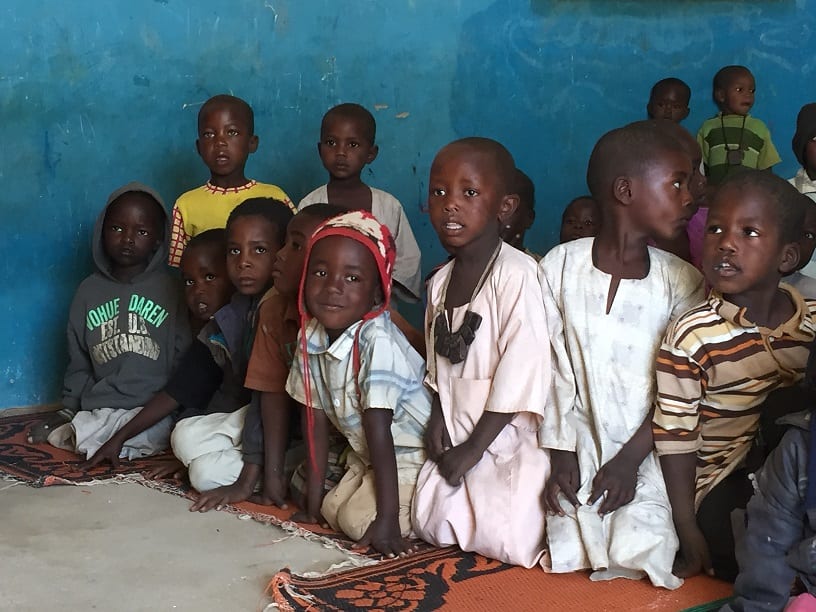
Preschool-aged Sudanese refugee students.
Jesuit Refugee Service began operations in Chad in 2006, and now oversees most of the education programs in the eastern part of the country. A new report, A Worthy Investment: Access to Education for Sudanese Refugees in Chad, published by Jesuit Refugee Service/USA (JRS/USA), provides an overview of the work the organization has done, current challenges faced by refugees, and policy options that would transform conditions for children like Noha.
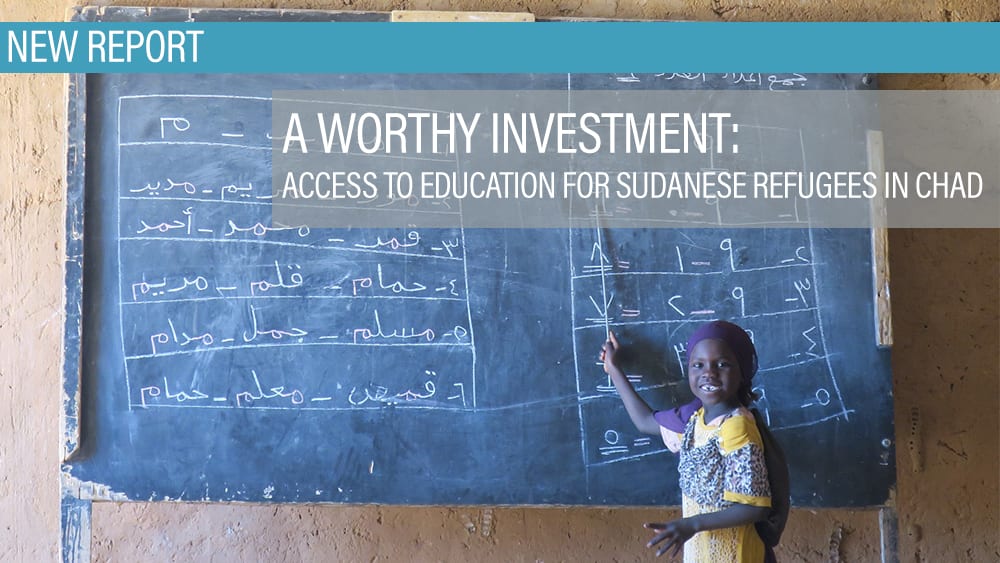
“As we witness unprecedented levels of people displaced from their homes around the globe, many will live in temporary settings for decades – or entire childhoods,” says Giulia McPherson, director of advocacy and operations for JRS/USA. “In these long, protracted situations there is little access to quality education. JRS’s work in Chad demonstrates the opportunities and challenges in delivering a quality education – something all refugee children deserve.”
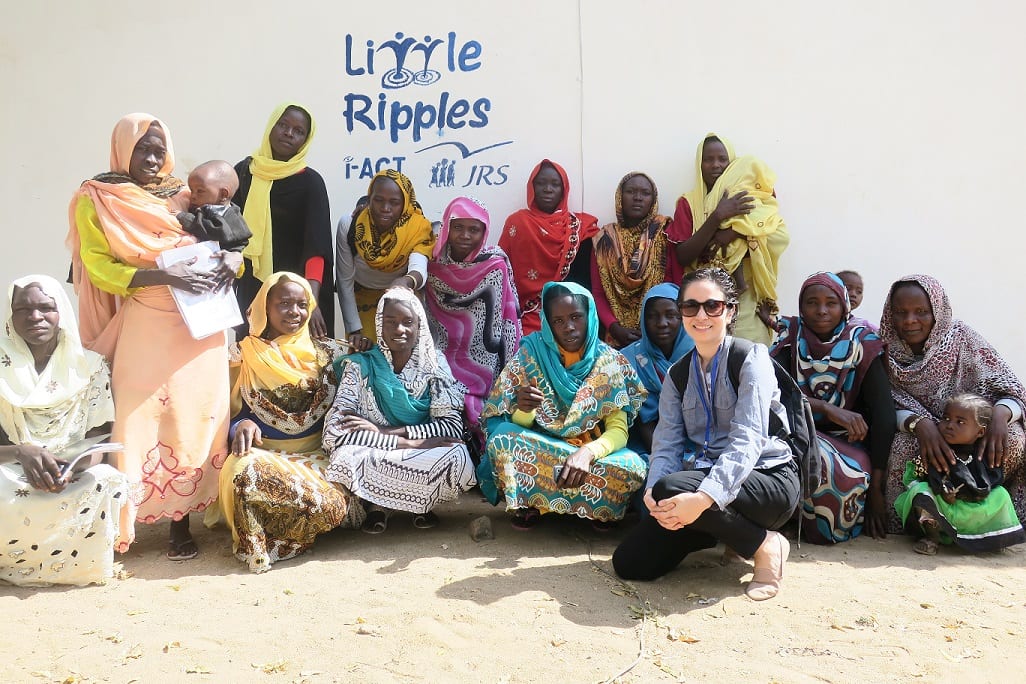
Giulia McPherson with teachers in Chad [JRS/USA]

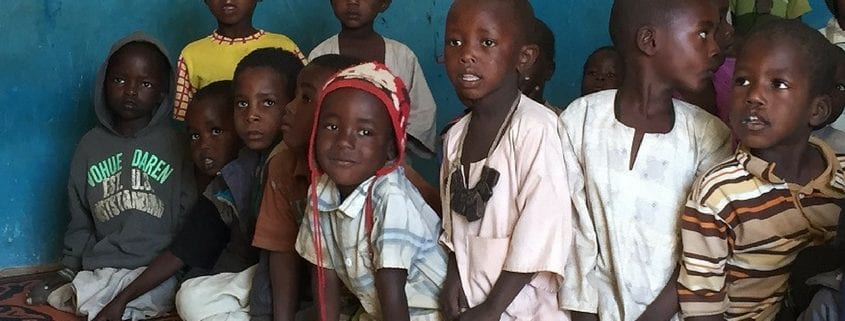

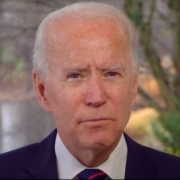

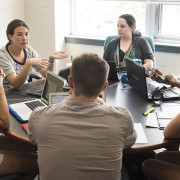
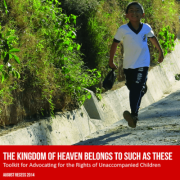



Children are the future of our Planet. May they be blessed with good health and happiness.